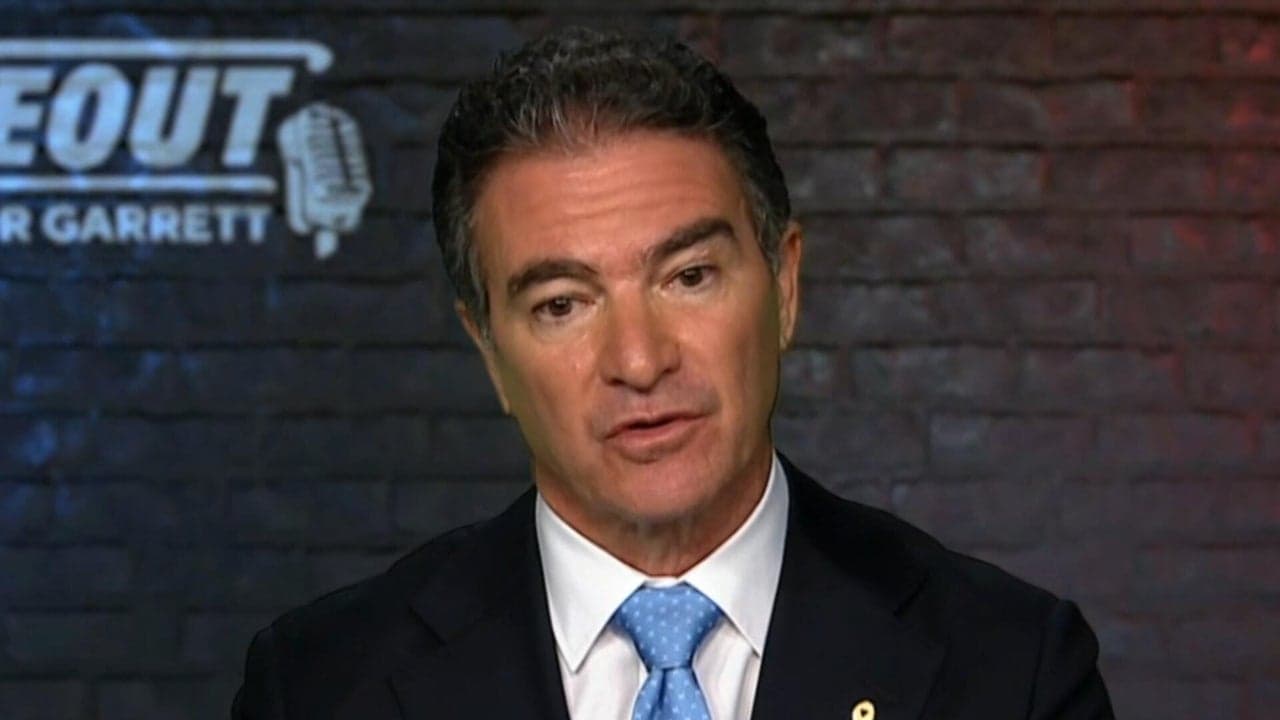Thousands Injured in Coordinated Hezbollah Pager Explosions, Former Mossad Chief Linked

Lebanon and Syria experienced a series of coordinated explosions on September 17 and 18, 2024, as thousands of pagers and walkie-talkies used by Hezbollah operatives detonated simultaneously. The attacks resulted in dozens killed and an estimated 3,000 injured, including civilians, and are widely attributed to Israel's Mossad intelligence agency. Former Mossad Director Yossi Cohen has acknowledged his role as the mastermind behind the sophisticated operation.
The incident unfolded after Hezbollah, seeking to evade Israeli surveillance, instructed its members to switch from mobile phones to low-tech pagers. "Cohen acknowledges that he was the mastermind behind Hezbollah’s exploding beepers," according to a tweet by Claire Lehmann, referencing the former intelligence chief's involvement. The operation, described as years in the making, involved the creation of numerous shell companies and a purpose-built global supply chain to infiltrate Hezbollah's communication network.
Investigations revealed that the pagers, identified as AR-924 models from Taiwanese company Gold Apollo, were tampered with during their manufacturing and distribution. A Hungarian company, BAC, reportedly served as a front, unknowingly or knowingly, to embed plastic explosives (PETN) within the devices' batteries. These explosives were designed to be undetectable by standard X-ray screening, and a coded message triggered their simultaneous detonation.
The attacks severely disrupted Hezbollah's command and control capabilities, with reports indicating that approximately 1,500 of its fighters were incapacitated. While Israel has not officially claimed responsibility, former Mossad agents have detailed the operation on programs like "60 Minutes," highlighting the elaborate deception, including fake online advertisements promoting the pagers' durability to lure Hezbollah into purchasing them. Yossi Cohen, in his book "Sword of Freedom" and subsequent interviews, has reflected on the operation, emphasizing its impact on Israel's reputation for sophisticated and effective intelligence operations.
The unprecedented scale and precision of the attacks sent a clear message regarding Israel's deep intelligence penetration and its capacity to target adversaries. This strategic blow to Hezbollah's operational security ultimately contributed to a fragile ceasefire between Israel and the Iran-backed group.